Harvard Business School Honors Five Graduates with Alumni Achievement Award
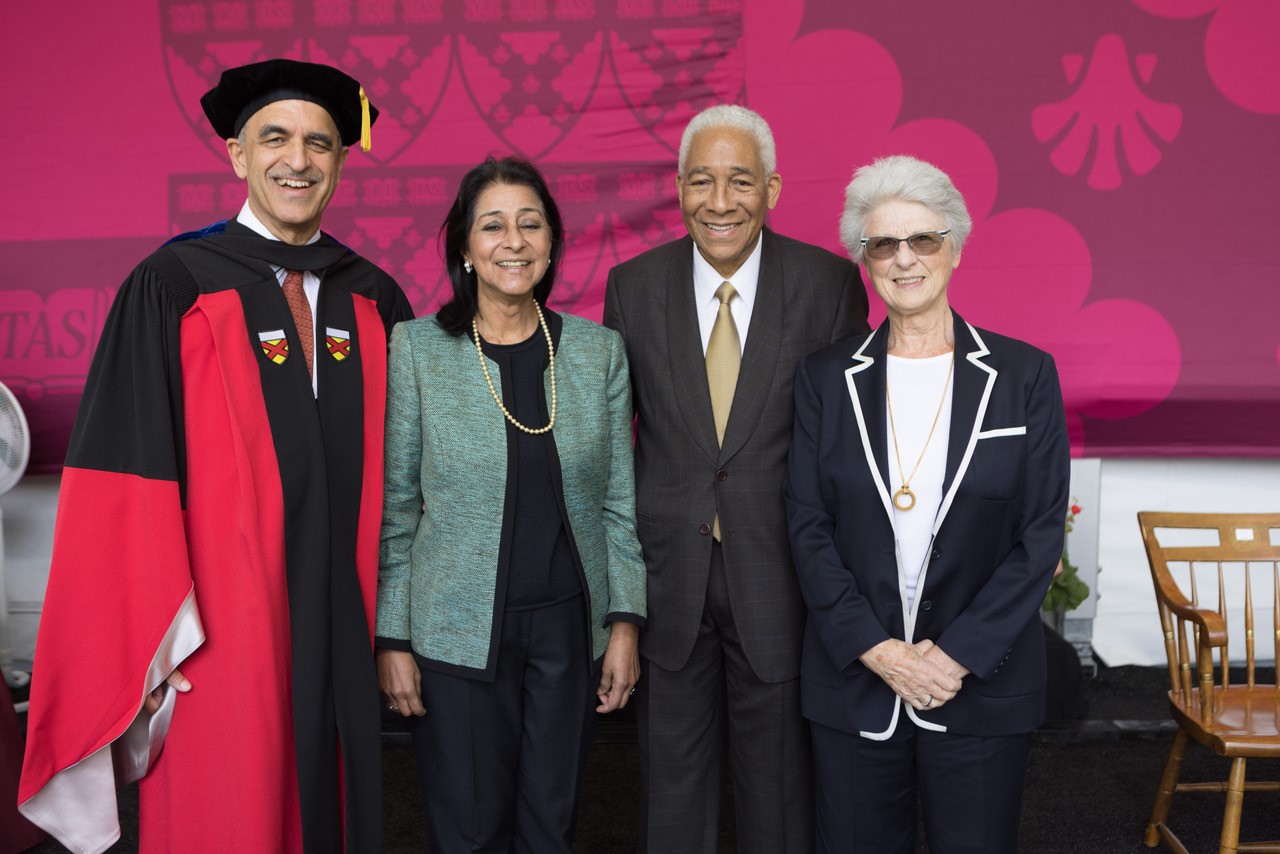 BOSTON– Harvard Business School (HBS) today conferred its most important honor, the Alumni Achievement Award, on five distinguished graduates. Included as part of the School’s Commencement ceremony, the award highlights examples of outstanding leadership for HBS’s graduating students. This year’s award recipients are Patricia C. “Tosh” Barron (MBA 1972), former president of both engineering systems and the office products division of Xerox; Salman A. Khan (MBA 2003), founder and chief executive officer of Khan Academy; Naina Lal Kidwai (MBA 1982), former executive director of HSBC Asia Pacific, former chairman of HSBC India, and founder and chairman of the India Sanitation Coalition; Robert L. Ryan (MBA 1970), retired senior vice president and chief financial officer of Medtronic; and Robert B. Wilson (MBA 1961, DBA 1963), the Adams Distinguished Professor of Management, Emeritus, at Stanford University and winner of the 2020 Nobel Memorial Prize in Economic Sciences for improvements to auction theory and the invention of new auction formats. View VideoThroughout their careers, these remarkable graduates have contributed significantly to their organizations and communities while upholding the highest standards and values in everything they do. As such, they represent the best of the School’s alumni and are role models for all who aspire to have an impact on both business and society. This year’s recipients of the School’s highest honor demonstrate how family, good fortune, and a healthy appetite for risk can shape a life. 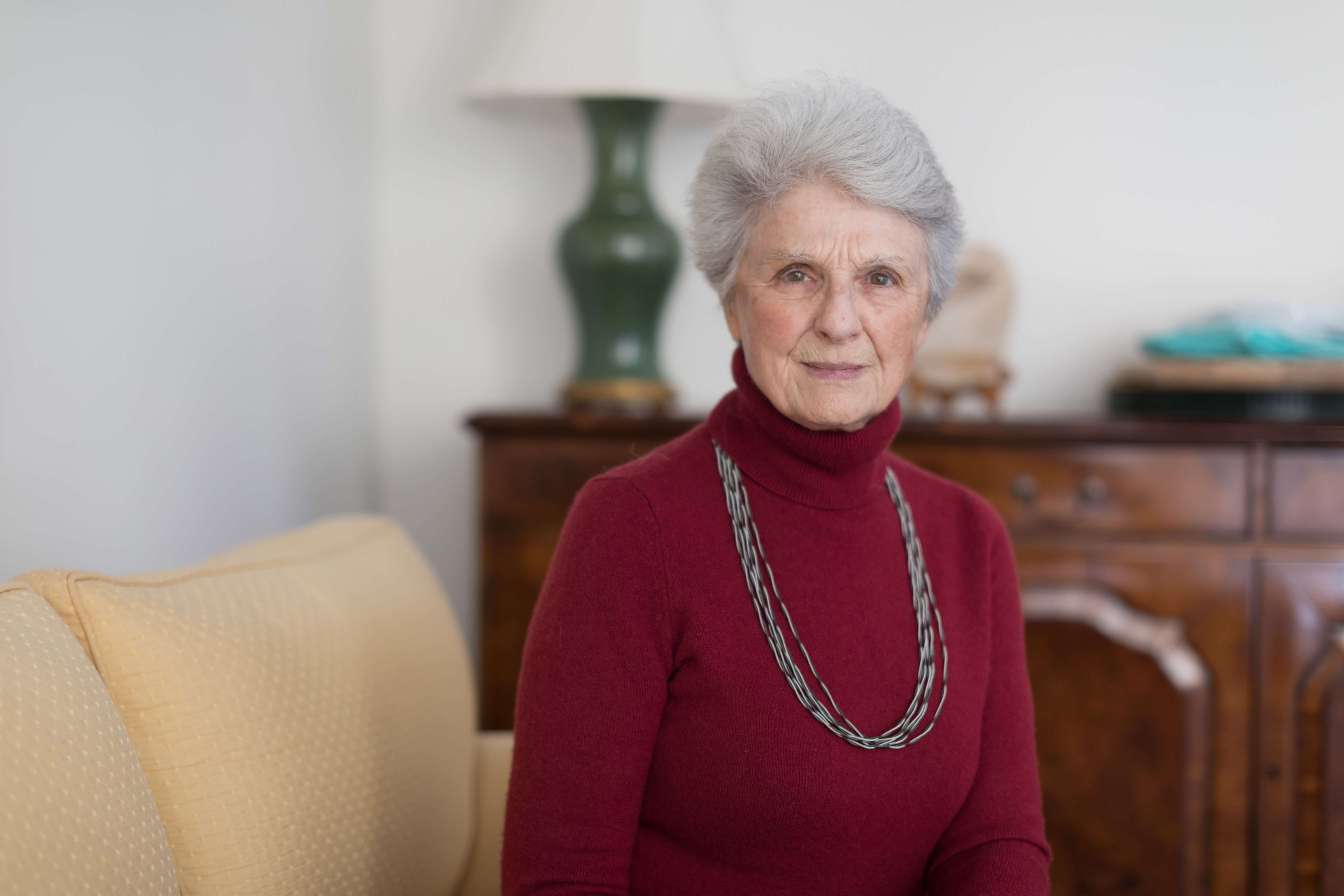 Tosh Barron (MBA 1972) has had a long career of business leadership. She spent six years at McKinsey and Company, as a consultant in the operations practice, focusing on global strategy and operations improvement for manufacturing and service companies. Barron then joined Xerox Corporation, where her first role as manager of multinational projects involved leading the company’s entry into the Chinese market. She had a 21-year career at the company, retiring in 1999. As a corporate officer, she held the positions of president of the $600 million Xerox engineering division and president and CIO of the $8 billion office products division. She previously was an executive-in-residence and clinical associate professor at the Stern School of Business, New York University, teaching MBA courses in leadership and corporate governance. Tosh has served as lead director and chair of the Governance Committee of Teleflex Corporation; vice chair of the board of USAA; and lead director of Quaker Chemical Corporation. Additional board service includes Aramark Corporation, Frontier Corporation, Ultralife Corporation (chair of the board), and Reynolds Metals Corporation. Reflecting on her decades in senior executive roles and as a lead director on numerous corporate and nonprofit boards, Barron said, “In leadership, I think the most important thing is to listen; the other is to be decisive. You’re not the only one with a brain, so it’s very important to get input. And you can’t waffle.” 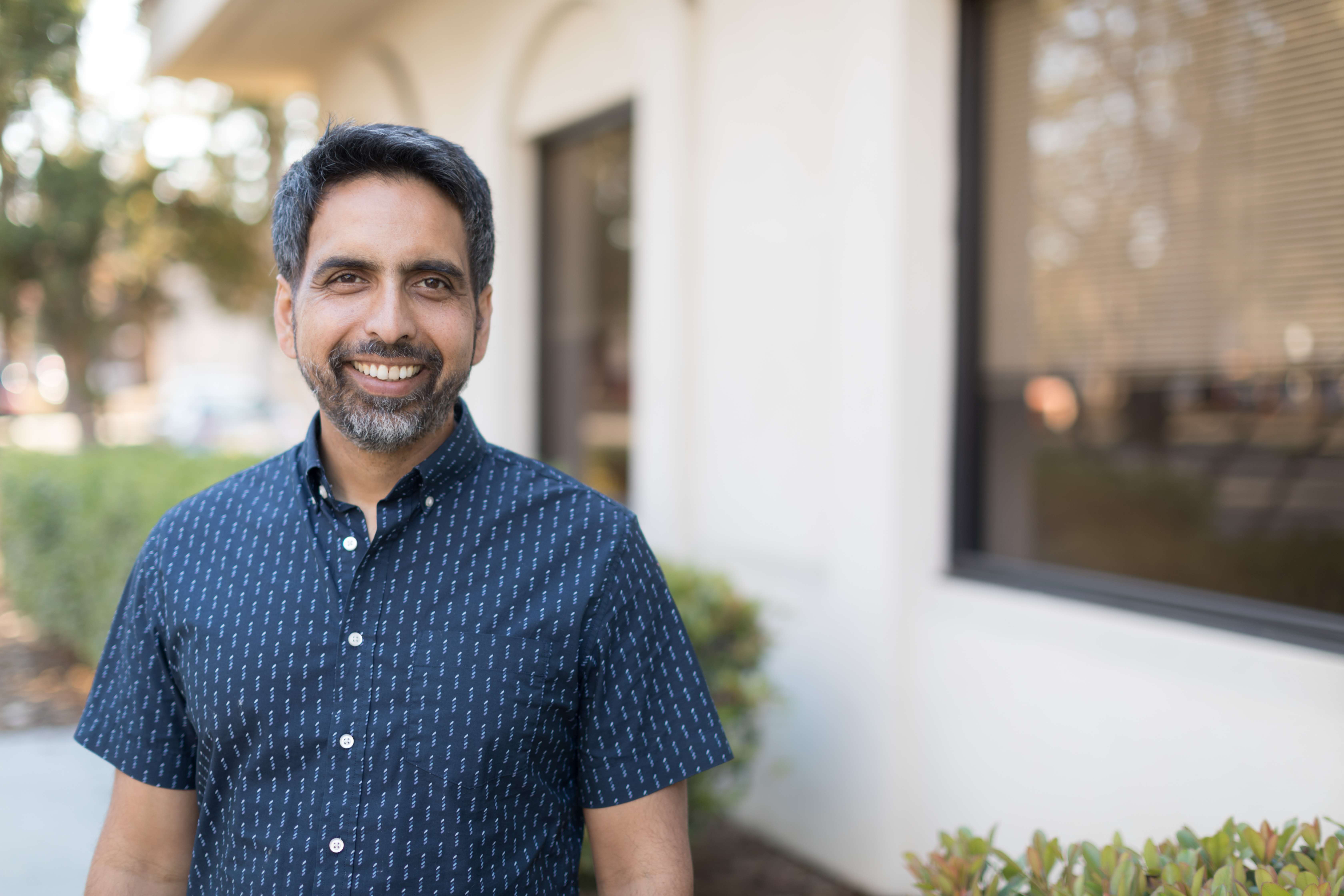 Salman Khan (MBA 2003) is the founder and CEO of Khan Academy, a nonprofit organization founded in 2008 with a simple mission: to provide a free, world-class education to anyone, anywhere. The online education venture grew out of Khan’s experience tutoring his young cousin in math while communicating by phone and using an interactive notepad. He created software to provide practice problems and feedback and posted videos of his hand-scribbled tutorials on YouTube. When an audience for the videos took off in 2009, he quit his job as a hedge fund analyst to commit himself full time to Khan Academy. Today, more than 135 million registered users around the world use Khan Academy across 190 countries and 50 languages. Students turn to the free site to learn math, science and the humanities. In the United States, Khan Academy is working with more than 280 school districts to support teachers and provide district-level insights to administrators. Talking about the impact of digital tools on learning, Khan said, “In mastery learning, a student moves at his or her own pace and takes as many shots on goal as needed to master a concept, before advancing. If I’m one teacher with 30 kids, it’s very hard to pull this off; but if you have software tools and on-demand video, it’s possible.” 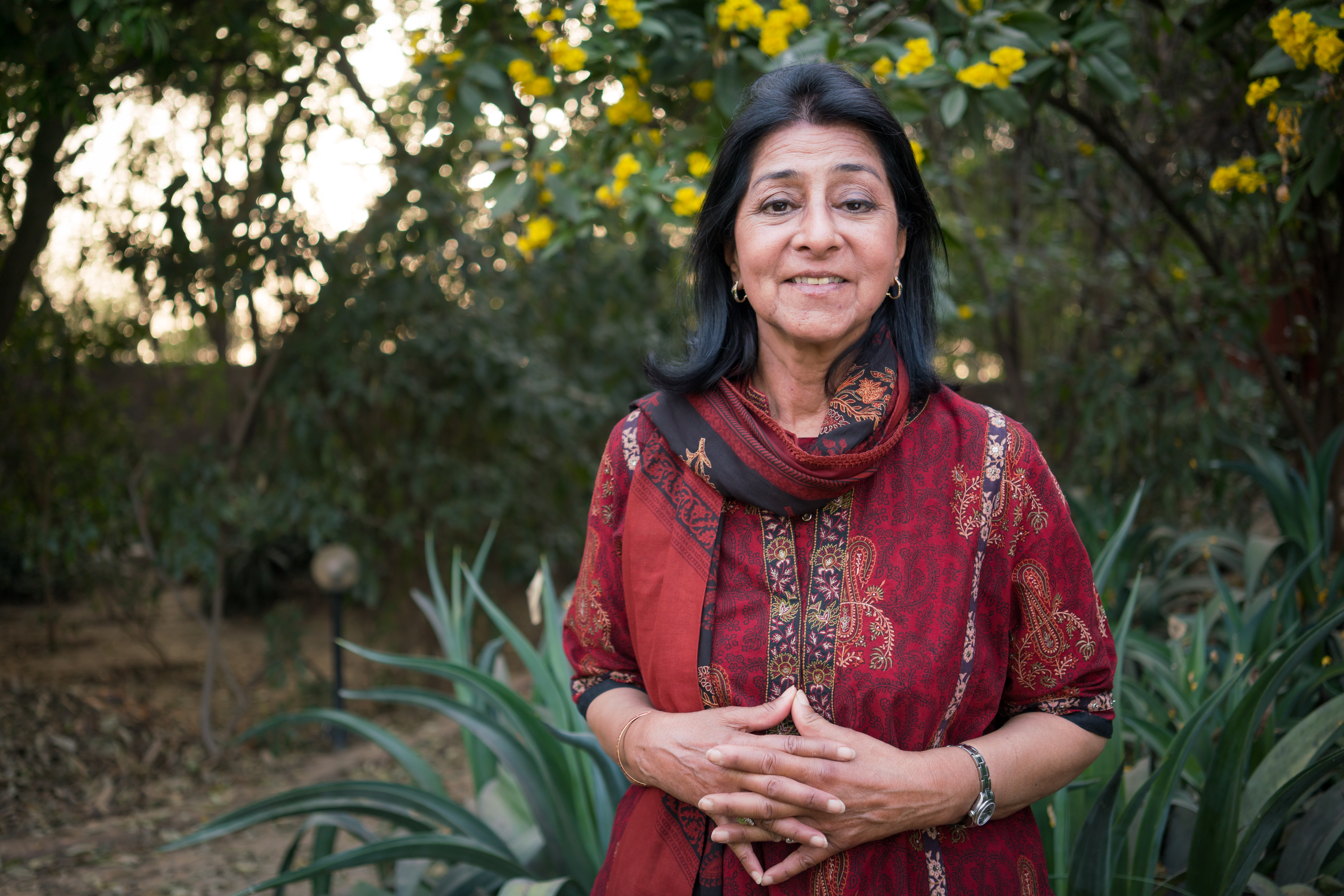 Naina Lal Kidwai (MBA 1982) began her career in investment banking in 1982 at British-owned Grindlays Bank in India and rose to head it in 1987—the first woman to head an investment bank in India. She later switched from investment banking to retail banking as head of non-resident Indian services. In 1994 she moved to Morgan Stanley, where as head of investment banking she returned to working in the capital markets and mergers and acquisitions. In 2002 she moved to HSBC India to head their investment banking and capital markets business, and shortly after took over as CEO of the bank. Eventually she became chairperson of the bank’s India operations and executive director on the board of HSBC Asia Pacific. In 2013 she was elected president of the Federation of Chambers of Indian Industry—the first woman to head the organization in its 86-year-history. “The great thing about working in finance in India at the time was the opportunity to influence the evolution of the country’s financial institutions and regulatory structures,” Kidwai said of returning to India at a time when the sector was undergoing dramatic change. “Very early on, I was part of the group that helped set up a second, more modern stock exchange and developed the first policies on equity issues and insider trading.” Upon her retirement from HSBC in 2015, Kidwai established the India Sanitation Coalition, an organization that unites corporate, nonprofit, financial, and government stakeholders in a national effort to improve the health of citizens and reduce disease by ending open defecation, treating sewage, and re-using treated waste water. 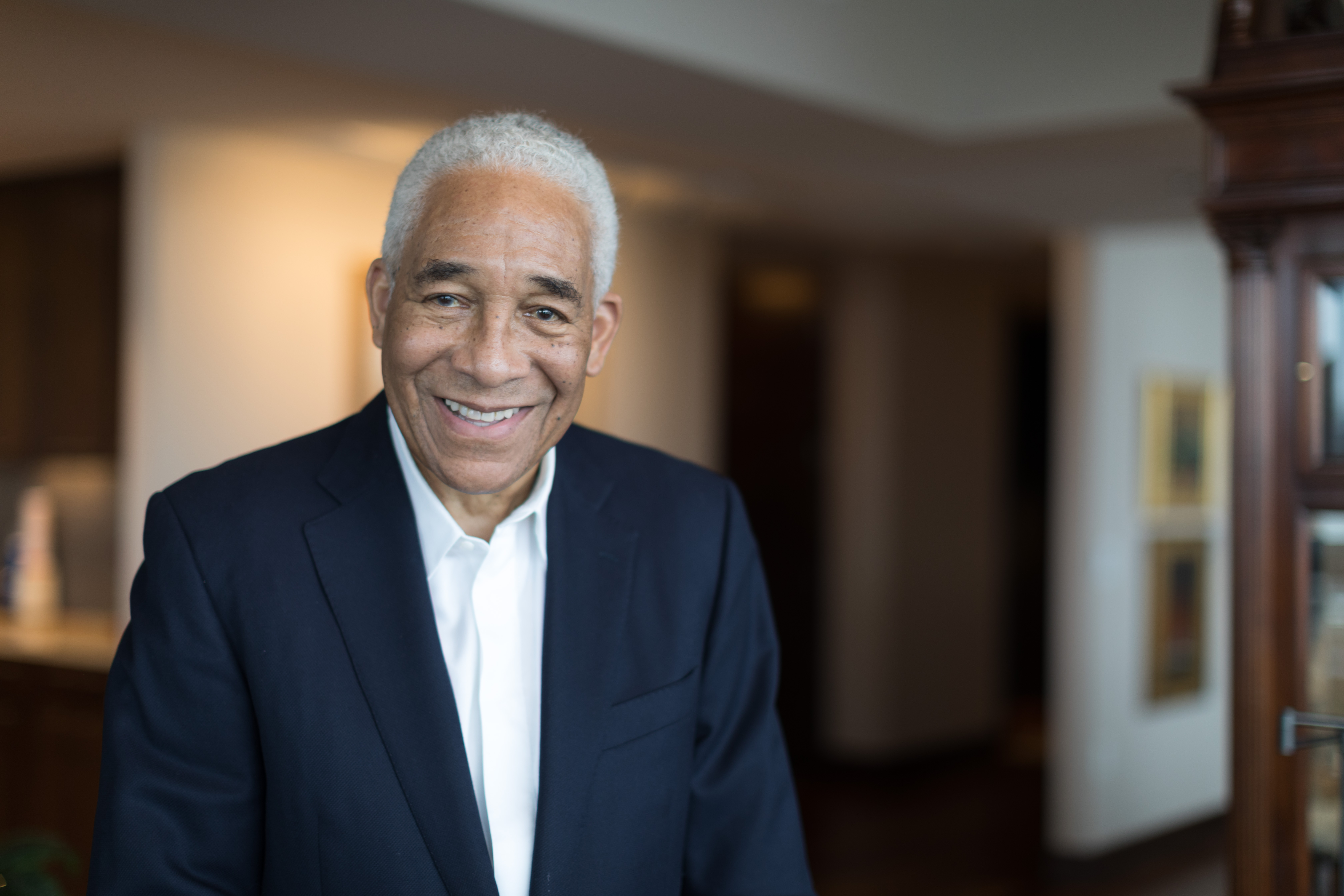 Robert Ryan (MBA 1970), the 2022 HBS Class Day Speaker, is a business leader with a long, successful, industry-spanning career. Prior to joining Medtronic, he served as chief financial officer for the Union Texas Petroleum Corporation for ten years, overseeing the company’s initial public offering. Earlier roles include stints at McKinsey and Citibank, where as vice president he was responsible for overseeing relationships with companies in the nascent cable television industry. He is a former board member of organizations including General Mills, Hewlett-Packard, Stanley Black & Decker, and UnitedHealth, in addition to serving as a trustee emeritus of Cornell University, where he holds a master’s degree in electrical engineering. Ryan, a Detroit native and longstanding philanthropic supporter of education—particularly for those from underserved backgrounds—was honored by the HBS African American Student Union in 2000. In 2004 he launched the Robert L. Ryan Fellowship at HBS, which has supported 22 students since its inception. On his decision to apply to HBS, Ryan explained, “I was nearly two years into a PhD in electrical engineering when I realized I was on autopilot. I said, ‘There’s more to life than having a guaranteed job for life.’ I’d always been intrigued by finance, and didn’t want to look back and regret not taking advantage of that moment, so I applied to HBS.” 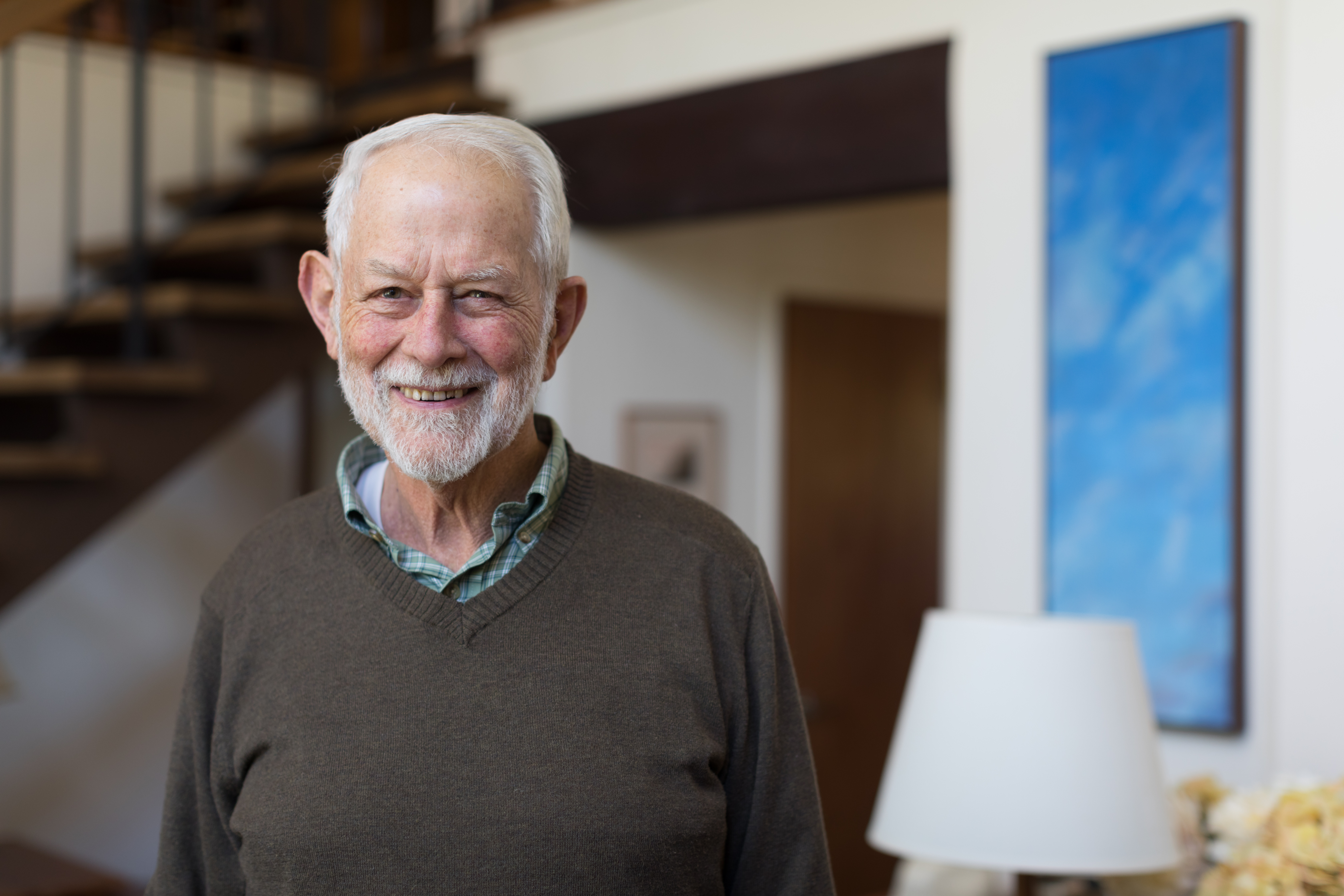 Robert Wilson (MBA 1961, DBA 1963) has been on the faculty at Stanford’s Graduate School of Business since 1964 and has published approximately 100 articles in professional journals and books since earning his bachelor’s, master’s, and doctoral degrees at Harvard College and HBS. He is considered an expert on game theory and its applications and has authored some of the basic studies of reputational effects in predatory pricing, price wars, and other competitive battles. In addition to his Nobel Prize, his book on nonlinear pricing won the 1995 Leo Melamed Prize, awarded biannually by the University of Chicago for “outstanding scholarship by a business professor.” He is an elected member of the National Academy of Sciences, and a fellow, former officer and council member of the Econometric Society. At various times in his career he has advised the US Department of the Interior, the Electric Power Research Institute, and the Xerox Palo Alto Research Center. “There have been several times when I’ve worked on a problem alone and it’s been a disaster,” Wilson said when discussing the value of collaboration. “I depend on an exchange of ideas with someone who is more precise and rigorous because I tend to be a somewhat vague, speculative thinker.” More detailed information on each of the recipients follows and can be found on the School’s awards website. The Alumni Achievement Award is given annually to a small, select group of alumni who represent the best traditions and highest aspirations of the School. For more than 50 years, HBS has honored individuals whose strategic vision drives their work, whose creativity and innovation inspire those around them, whose character and values are exemplary, and whose leadership—in their careers and communities—is an example for others to follow. They truly are leaders who make a difference in the world. |
Mark Cautela
mcautela+hbs.edu
617-495-5143
About Harvard Business School
Harvard Business School, located on a 40-acre campus in Boston, was founded in 1908 as part of Harvard University. It is among the world's most trusted sources of management education and thought leadership. For more than a century, the School's faculty has combined a passion for teaching with rigorous research conducted alongside practitioners at world-leading organizations to educate leaders who make a difference in the world. Through a dynamic ecosystem of research, learning, and entrepreneurship that includes MBA, Doctoral, Executive Education, and Online programs, as well as numerous initiatives, centers, institutes, and labs, Harvard Business School fosters bold new ideas and collaborative learning networks that shape the future of business.
